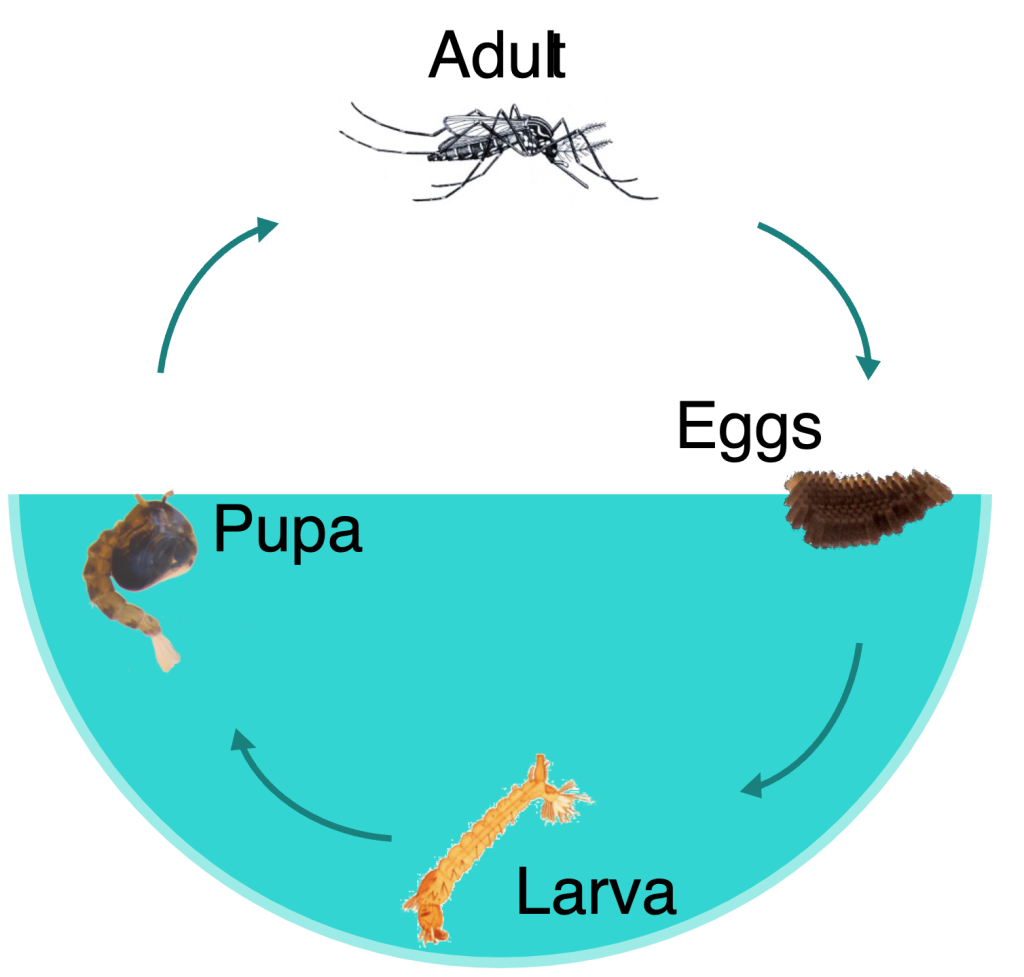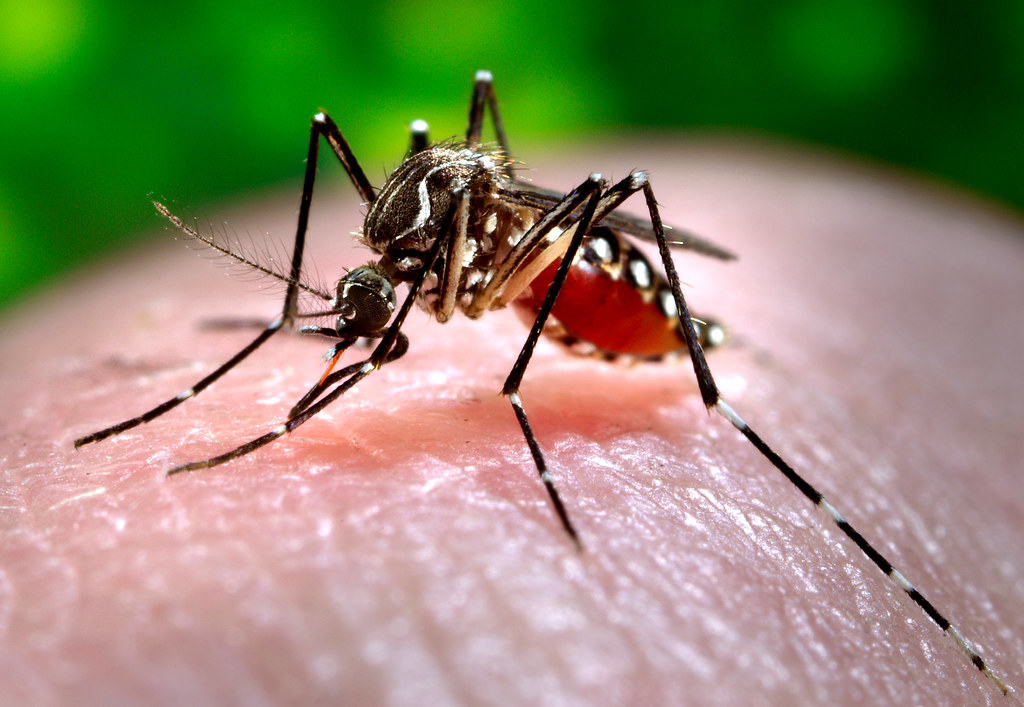Key Takeaways
-
Mosquito Lifespan: Male mosquitoes live for 7-10 days, while females live 2-4 weeks, depending on environmental factors and their need to lay eggs.
-
Life Cycle Stages: The mosquito life cycle includes egg, larva, pupa, and adult stages, with each stage lasting a few days to a few weeks.
-
Environmental Impact: Warm, humid climates help mosquitoes live longer, while cold weather can cause females to hibernate and survive through the winter.
-
Myth Busting: Mosquitoes do not die after biting—females can bite multiple times, and their lifespan varies by species and environment.
-
Control Tips: Reduce standing water, use repellents, and install window screens to limit mosquito breeding and lifespan around your home.
The Average Lifespan of a Mosquito
On average, mosquitoes live for a few days to a few weeks. Male mosquitoes usually live about 7 to 10 days, while female mosquitoes, which bite, can live for 2 to 4 weeks. Females live longer because they need more time to lay their eggs. The environment plays a big role in how long a mosquito lives. In warm, humid places, mosquitoes tend to live longer. Female mosquitoes can even go into hibernation during cold months, which helps them survive until it warms up again. This is why mosquitoes can be a problem in certain areas year-round.
The Mosquito Life Cycle in Brief
-
Egg: Female mosquitoes lay eggs in or near standing water. Eggs can survive for days to months until they hatch.
-
Larva: Eggs hatch into larvae, also known as “wrigglers,” which feed on organic matter in the water. This stage lasts about 5 to 14 days.
-
Pupa: Larvae become pupae, where they transform into adults. This stage lasts 1 to 4 days.
-
Adult: The adult mosquito emerges, with males living 7-10 days and females living 2-4 weeks. Females need to feed on blood to lay eggs, restarting the cycle.
What Affects a Mosquito’s Lifespan?
Several things affect how long mosquitoes live:- Temperature: Mosquitoes thrive in warm weather. Higher temperatures can speed up their life cycle, causing them to live shorter lives. Cooler temperatures slow them down, allowing them to live longer.
- Humidity: Mosquitoes need moist environments. They can dry out quickly in dry air, so they survive longer in humid areas.
- Food sources: Female mosquitoes need blood to lay eggs, but both males and females also feed on nectar for energy. If food sources are scarce, mosquitoes won’t live as long.
Male vs. Female Mosquitoes: What’s the Difference?
Interestingly, male mosquitoes have a very short lifespan—usually around a week or less—and don’t bite. Their primary goal is simply to mate. Female mosquitoes, though, are the notorious blood-suckers. They require blood to lay eggs, making them relentlessly search for meals. Each female mosquito can bite multiple times, laying hundreds of eggs over her lifetime. This is precisely why mosquito control strategies primarily focus on females—after all, they’re the ones causing those itchy bites!

Not getting a solution?
Get your free pest control estimate today!Myths and Facts About Mosquito Lifespan
There are some common myths about how long mosquitoes live. Here are a few debunked for you:| Myths | Facts |
| Mosquitoes die after biting | Female mosquitoes can bite multiple times |
| Mosquitoes live for months | Most live for 2-4 weeks |
| All mosquitoes live the same length of time | Lifespan depends on species and environment |
How to Reduce Mosquito Lifespan
- Knowing what affects a mosquito’s lifespan can help you keep them under control. Here are some tips:
-
Remove Standing Water: Mosquitoes find standing water to lay their eggs. To reduce their breeding spots, remove standing water from flower pots, gutters, and other places around your home.
-
Use Repellents: Applying insect repellent can help keep mosquitoes from biting you.
-
Install Screens: Keep mosquitoes out of your house using screens on windows and doors.





